Joy Ladin on Lambda Literary's Retreat for LGBTQ Writers
Joy Ladin is the author of seven books of poetry, including Impersonation (Sheep Meadow, 2009) and Transmigration (Sheep Meadow, 2015), which were both Lambda Literary Award finalists. Her memoir of gender transition, Through the Door of Life: A Jewish Journey Between Genders (University of Wisconsin Press, 2013), was a 2012 National Jewish Book Award finalist. Her work has been recognized with a National Endowment of the Arts Fellowship and a Fulbright Scholarship, among other honors. She holds the Gottesman Chair in English at Yeshiva University in New York. This past July, Ladin led a P&W–supported poetry workshop as part of the Lambda Literary Foundation's annual Writers Retreat in Los Angeles. Here, she blogs about the importance of this retreat for emerging LGBTQ writers.
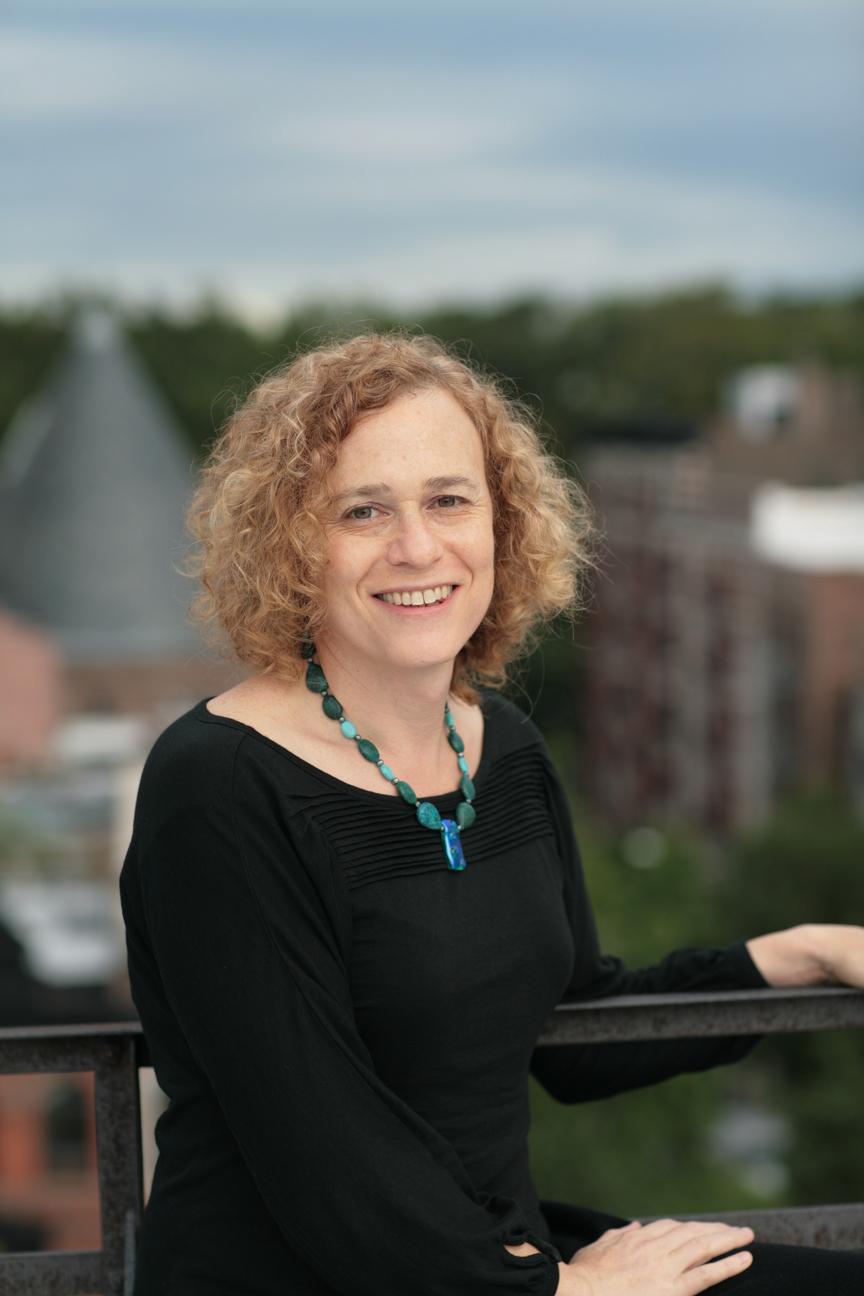
Outside of MFA programs and writing conferences, it’s pretty queer to be a poet in most places in the United States. I learned that when, during my first job after college, a fellow office worker backed away from me when I told her that I was a poet.
But to many LGBTQ (lesbian, gay, bisexual, transgender, or otherwise queer) poets, the poetry world seems just as “straight” as the non-literary world, just as invested in norms that focus attention paid on the work and lives of heterosexual white people (particularly men) and make it hard for LGBTQ people and people of color to feel seen, valued, or understood.
That's why the Lambda Literary Foundation’s annual Writers Retreat for Emerging LGBTQ Voices (supported in part by a grant from Poets & Writers’ Readings & Workshops program) is so important. For many of the LGBTQ writers who attend, the retreat is a weeklong oasis in which they can find the understanding, encouragement, and recognition that all writers need to survive and thrive. As Nico Amador, a poetry fellow, said, “In so many workshops queer and trans writers have to spend more time than we’d like on…educating our straight or non-trans peers enough so that they can engage with a reading of our work that honors our intentions and points of view. At Lambda, it was enlivening to be able to sit at a table with others who could move seamlessly through the varied thematic and poetic discussion in the workshop—applying a queer reading when relevant and leaving it out when it wasn’t. The space this created allowed us to take seriously the goals of each person's work, to offer a diversity of thought, and pose questions that could [help] each of us to grow in our work as poets.”
This past summer, for the first time, I learned firsthand what the writers retreat offers LGBTQ writers, when I led the poetry workshop. After decades of writing and teaching in classrooms where my transgender identity is treated as an awkward subject to avoid, I found myself in a place where my experience as a trans writer was valued. Not that I felt surrounded by “writers like me”: Even within the poetry workshop, we were all very different in our writing concerns, styles, backgrounds, and the complex constellations of our identities. At the retreat, we didn't have to minimize or hide our differences; we could share and celebrate them as sources of poetry, insight, humanity.
But as Julia Tranchina, another poetry fellow wrote: “The best part of the retreat was working on poetry. Breathing, biting, imbibing poetry with other poets.” Those are feelings every poet I've ever met can understand.
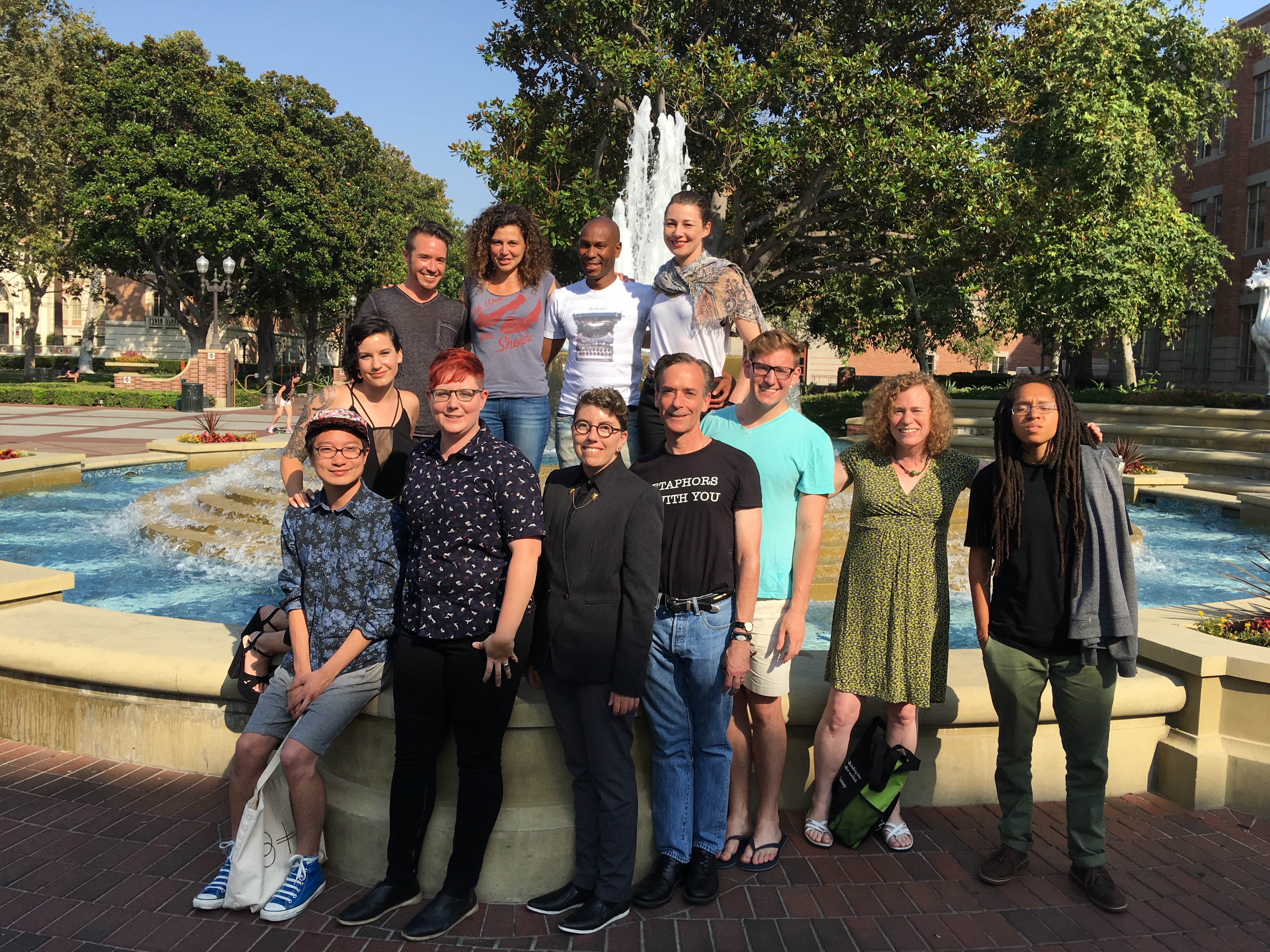
Photos: (top) Joy Ladin. Photo credit: Lisa Ross. (bottom) Joy Ladin and poetry cohort. Photo credit: Lambda Literary.
Major support for Readings & Workshops in California is provided by the James Irvine Foundation and the Hearst Foundations. Additional support comes from the Friends of Poets & Writers.





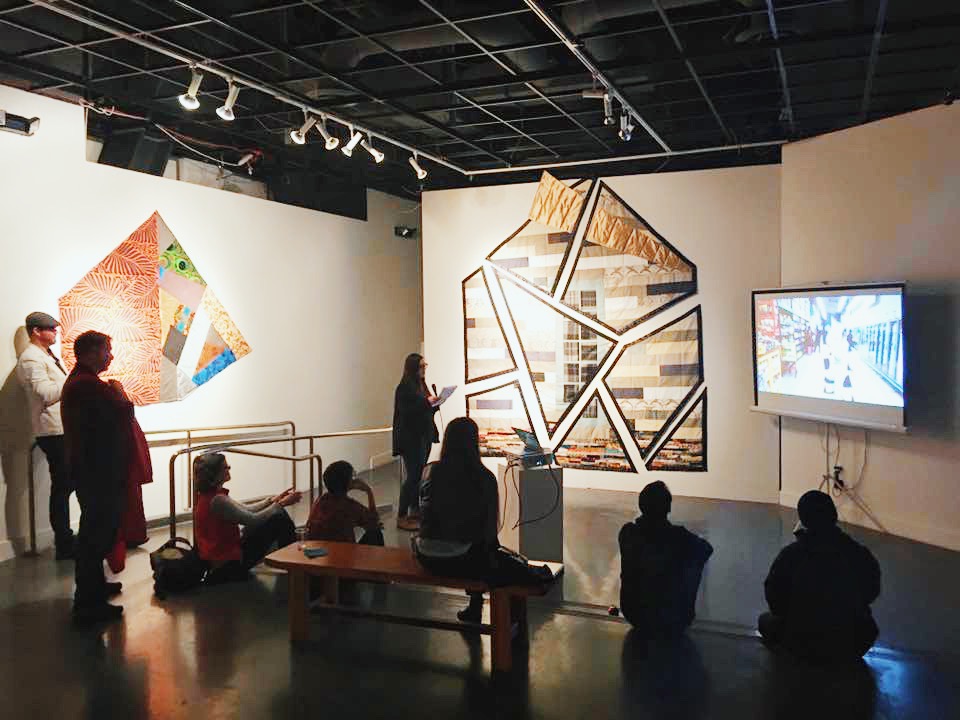 Once a month, poets, writers, visual artists, and musicians come together at Pro Arts Gallery in downtown Oakland and collaborate on a cross-genre presentation of new work entitled the Hybrid Series. To date, Pro Arts has hosted poets and writers Sara Mumolo, Emily Hunt, Harmony Holiday, Norma Cole, Gillian Olivia Blythe Hamel, Candace Eros Díaz, and Louise Mathias.
Once a month, poets, writers, visual artists, and musicians come together at Pro Arts Gallery in downtown Oakland and collaborate on a cross-genre presentation of new work entitled the Hybrid Series. To date, Pro Arts has hosted poets and writers Sara Mumolo, Emily Hunt, Harmony Holiday, Norma Cole, Gillian Olivia Blythe Hamel, Candace Eros Díaz, and Louise Mathias.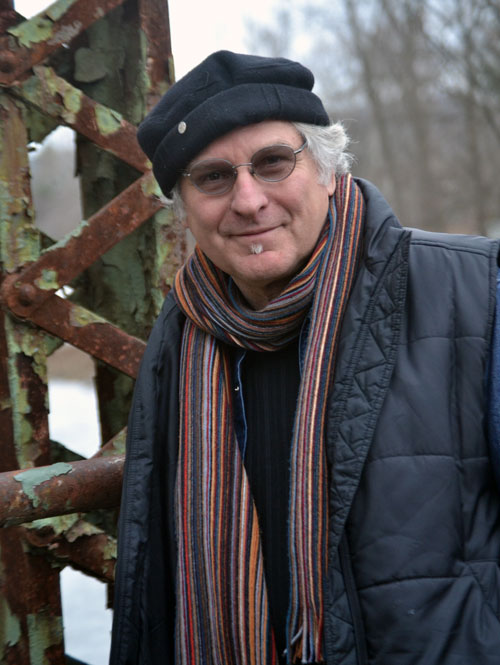
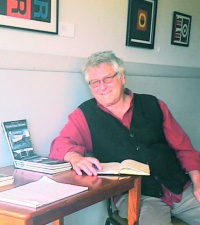
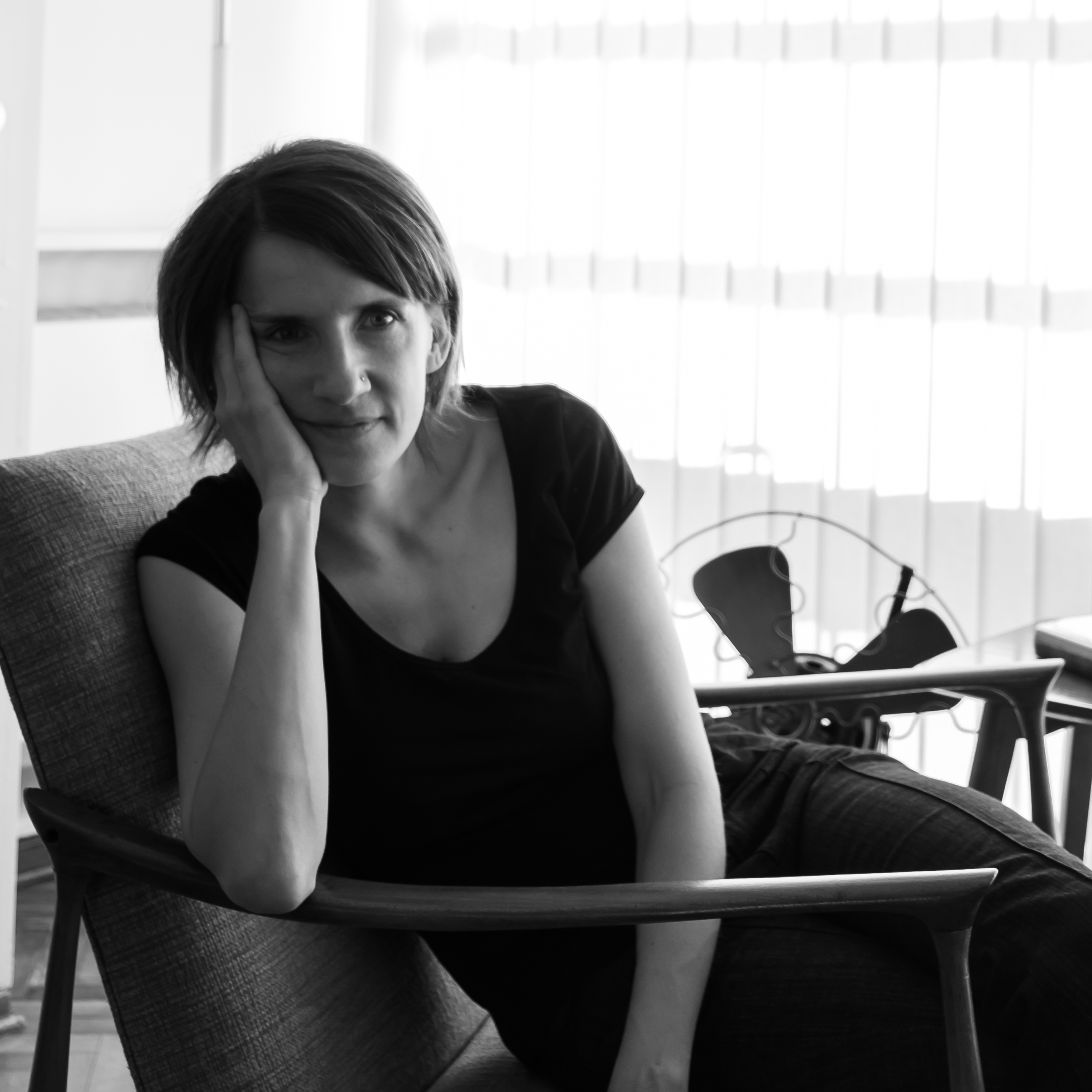 We are very pleased to announce the Señal Tour, a set of bilingual readings and discussions with authors and translators from the Señal Series, featuring poets
We are very pleased to announce the Señal Tour, a set of bilingual readings and discussions with authors and translators from the Señal Series, featuring poets